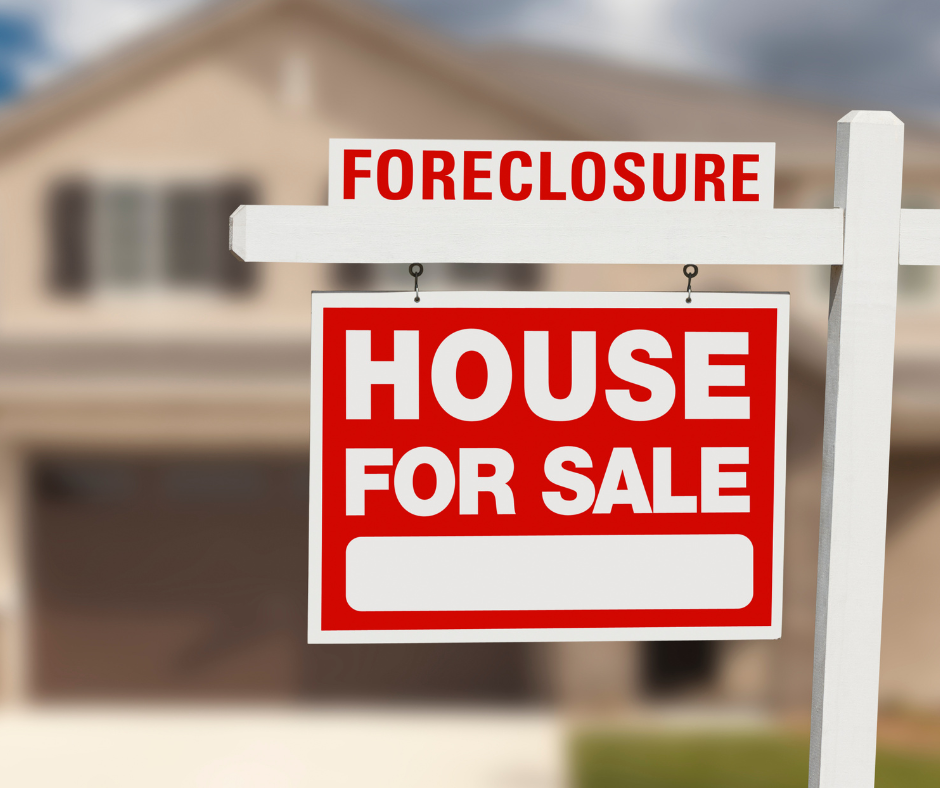There are several tough consequences when a homeowner allows the home to go into foreclosure:
You will lose your home.
You will lose any equity in the home.
There is a waiting period before you can purchase another home. For a conventional loan, you’ll need to wait seven years. If you can prove extenuating circumstances (which you most likely have given the pandemic), the waiting period is three years.
Your credit will need to be repaired before considering another home purchase. “… if your credit score is 680, a foreclosure will drop your credit score on average by 85 to 105 points” according to the experts at FICO. The damage to your credit score may affect how much you pay for insurance, whether or not you’ll qualify for a job, and even your ability to rent a home. If you are facing experiencing something like this then there are two alternatives
1 Sell the home selling the home is the most obvious choice for the distressed homeowner. Yes, your lender will get paid from the proceeds of the sale and you may not end up with as much money as you’d hoped. The advantage to this solution, however, is that your credit score won’t be impacted as hard as it will if you allow the home to be taken by the lender. “If your credit score is excellent at 780, a foreclosure will drop your score by 140 to 160 points. In other words, the higher your credit score the more it will get smashed!”If you sell the home, however, the late payments or even missed payments won’t be as tough on your credit. Plus, you may be able to qualify to purchase another home right away. If your loan is delinquent and you’re considering selling, the longer you wait, the less money you’ll end up with at closing.
2. Deed in Lieu of Foreclosure A deed-in-lieu of foreclosure agreement is one in which the lien holder agrees to take the deed back in satisfaction or partial satisfaction of your obligation, in lieu of foreclosure. Government entities, such as the FHA and the Veteran’s Administration, have their own deed-in-lieu programs with various requirements. Typically, these programs and lenders, in general, require that the property be lien-free before they’ll accept it back. Why would a lender agree to enter into this type of agreement? This arrangement is quicker and less expensive than foreclosure, of course, there are tax ramifications to this alternative, so consult with your financial adviser before proceeding.

 Facebook
Facebook
 X
X
 Pinterest
Pinterest
 Copy Link
Copy Link



